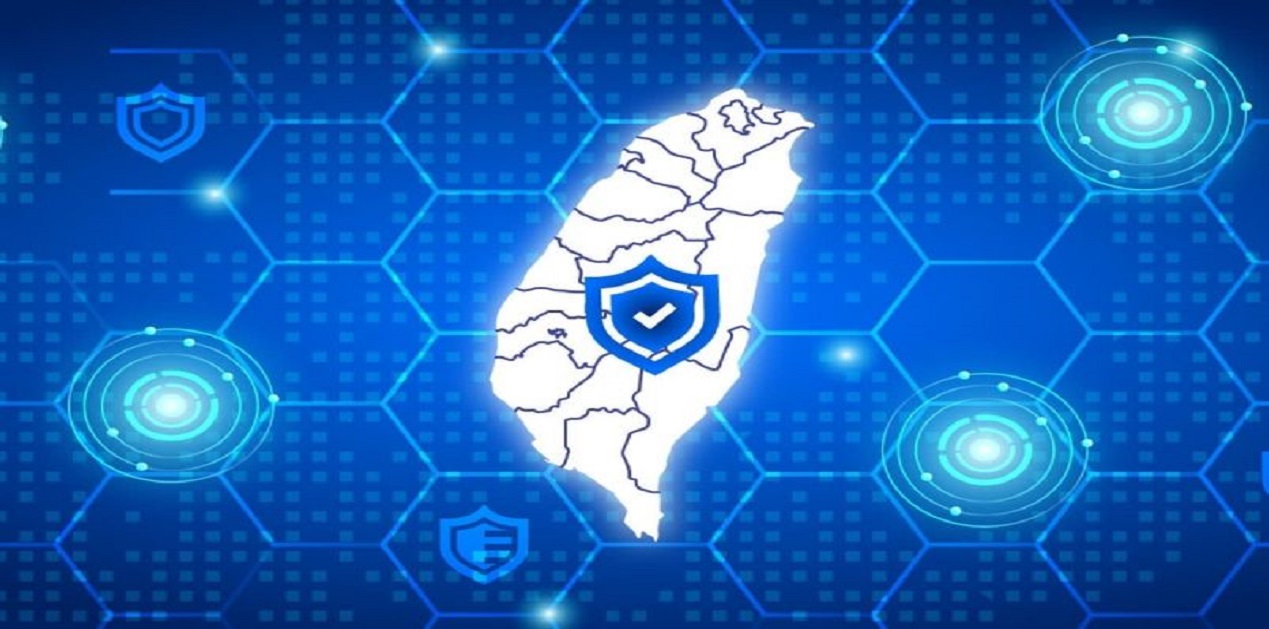Earlier this month the National Security Council of India virtually hosted the first Security Conclave on Developing Regional Cyber Security capabilities on Defensive Operations. Delegates from Members and Observer States of the Colombo Security Conclave (CSC) including Sri Lanka, Maldives, India, Mauritius, Seychelles, and Bangladesh participated in the workshop which discussed emergent issues of cyber security such as, Deep Web and Dark- Net Investigations, Digital Forensics, cyber threat intelligence and Defensive operations in cyber domain [1]. At a time when cyber threats including cyber-attacks have increased significantly, it augurs well that there is institutional mechanism to share mutual experiences and best practices. In this era of seamless digital connectivity, borders brook no barriers. Further, in the first week of January, India and Taiwan signed a MOU for cyber security cooperation[2]. This pact will expand cooperation from basic research to cyber security trends and analysis. This would enable India to benefit from the experience of Taiwan which has acquired considerable expertise in the domain of cyber security.
Increased reliance on cyber technology has made it easier than ever for criminals to exploit security vulnerabilities to commit crimes. Cyber security will be one of the most important issues in the post pandemic era as it is essential to maintaining public safety worldwide. In 2020, Taiwan police used big data analytics to identify multiple Taiwan nationals who were suspected of establishing telecom fraud operations in Montenegro, a small independent country in the Balkans. Taiwan contacted Montenegro and proposed legal assistance, enabling the Montenegrin Special State Prosecutor’s Office to move forward with the case. Through joint efforts, Taiwan and the Montenegrin police forces uncovered three telecom fraud operations and arrested 92 suspects accused of impersonating Chinese government officials, police and prosecutors. It is estimated that the suspects scammed more than 2000 people in China, causing up to US$22.6 million in financial losses.[3]
In India a report jointly prepared by the Data Security Council of India (DSCI) and the payment gateway Pay Pal India in 2020, it was noted that the growing adoption of digital payment, especially during the pandemic has necessitated the need for comprehensive framework to tackle cyber security risks involving digital transactions. The report had highlighted various emerging and existing risk scenario relating to digital payments and approaches Indian regulators, policy makers and consumers can take to mitigate them. [4] The report further said that while the growth of online shoppers is 73% for tier-1 cities in India, the growth in respect of tier 2 and 3 towns was a whopping 400%. This also entails corresponding increase of cyber frauds.
It may be mentioned in this connection that the National Communications (NCC) of Taiwan recently claimed that the Chinese smartphone maker Xiaomi Corp’s Mi10T 5G smartphones have built-in censorship capabilities and can transmit user data to servers at its Beijing headquarters. The Telecommunications Technology Centre, a think –tank run by the NCC, conducted a test in October last year on the model sold in Taiwan after Lithuanian National Cyber Security Centre informed NCC in September last year of the device’s censorship capabilities. Lithuania is one of the fourteen countries which maintain diplomatic relations with Taiwan. The NCC unveiled its test results so that the public can know the personal privacy risks of using Xiaomi smartphones. Unlike smartphones made by other manufactures, 10T devices do not allow users to turn off tracking functions. Article 14 of China’s National Intelligence law stipulates that Chinese citizens and enterprises are obligated to support, assist and cooperate with national intelligence work.[5]
It is pertinent to mention in this context in India there have been security concerns about telecom equipment like gears and routers procured from Chinese companies. The growing penetration of Chinese telecom companies in India that there has been realisation its security implications. Some time back a report sent to National Security Council Secretariat (NSCS) of India and other security agencies by a department of under the Ministry of Electronics and Information Technology stated that the maximum number of cyber-attacks on official Indian websites is from China, US and Russia. The report, prepared by the Indian Computer Emergency Response Team (CERT-In), which comes under the ministry analysed cyber-attacks from April-June 2018. CERT-In is the nodal agency which deals with cyber security threats like hacking and phishing. It collects, analyses, and disseminates information on "cyber security incidents". According to the report, it has been observed that China continues to "intrude" Indian cyber space in a "significant" way. The cyber-attacks from China made up 35% of total number of cyber-attacks on official Indian websites followed by US (17%), Russia (15%), Pakistan (9%), Canada (7%), and Germany (5%). Newspaper quoted the report saying, "Many of the institutions impacted by malicious activities have been identified, and they have been advised to take appropriate preventive action. These include Oil and Natural Gas Corporation (ONGC), National Informatics Centre (NIC), Indian Railways Catering and Tourism Corporation (IRCTC), Railways, Centre for Railway Information Systems (CRIS), and some banks like Punjab National Bank, Oriental Bank of Commerce, State Bank of India, and state data centres, particularly in Maharashtra, Madhya Pradesh and Karnataka."[6]
India of late is shedding its earlier hesitancy to reach out to Taiwan not withstanding its ‘one China policy’. There has been engagement between entities and institutions at both government and private sectors. While dialogue between think-tanks in India and Taiwan continues to be an important pillar of understanding between two democracies, the Indian Council of Social Science Research (ICSSR) recently entered into joint collaboration between Indian and Taiwanese entities for joint research and study. There are precedents in the past when Taiwanese entities have participated in events organised in India. Some Taiwanese companies had earlier participated in the Aero-India Show in Bengaluru. Also a delegation from Taiwan had participated in the Asia-Pacific Parliamentary Library Conference organised by Lok Sabha Secretariat in 2005. At a time when different countries of the world starting from U.S.A and Japan to Lithuania which has upgraded its relationship with Taiwan to diplomatic level, have scaled up their relationship with Taiwan, India should also scale up its engagement with Taiwan while maintaining its ‘One China Policy’.
India should also support Taiwan’s bid for observer status in the Interpol. Unless Taiwan is given recognition in the Interpol, it will be difficult on part of world community to expect cooperation from Taiwan in the event when an offender takes shelter in Taiwan after committing a crime or offence in some other country unless that country has an extradition treaty with Taiwan. And finally, India should engage Taiwan in carrying out regular joint cyber security exercises to learn from each other’s best practices and capabilities.
Endnotes :
[1] “India hosts cyber-security conclave’, The Statesman, 12 January 2022,https://www.thestatesman.com/india/india-hosts-security-conclave-cooperation-regional-cyber-security-capabilities-1503037885.html
[2]https://taiwantoday.tw/news.php?unit=2,6,10,15,18&post=213124
[3] Based on an unpublished paper written by Mr. Huang Chi-lu, Commissioner, Criminal Investigation Bureau, Republic of China (Taiwan)
[4] “Need for framework to tackle digital payment frauds’, Economic Times, 27th August 2020,https://economictimes.indiatimes.com/small-biz/startups/newsbuzz/need-framework-to-tackle-digital-payment-frauds/articleshow/77769976.cms
[5] “Xiaomi cell phones can censor searches :NCC”, Taipei Times, 8 January , 2022,
[6] Mahender Singh Manral, "35% of Cyber Attacks on Indian sites from China: Official Report", Indian Express, New Delhi,23rd August, 2018
Image https://unsplash.com/s/photos/cyber-security
(The paper is the author’s individual scholastic articulation. The author certifies that the article/paper is original in content, unpublished and it has not been submitted for publication/web upload elsewhere, and that the facts and figures quoted are duly referenced, as needed, and are believed to be correct). (The paper does not necessarily represent the organisational stance... More >>
Image Source: https://image.taiwantoday.tw/images/content/img20220104152220987_800.jpg










Post new comment